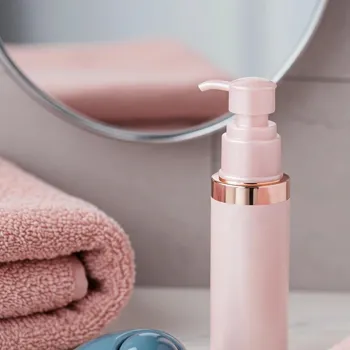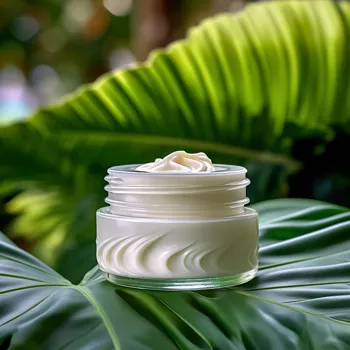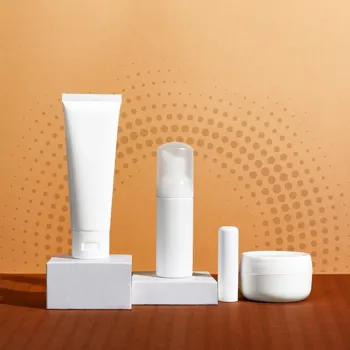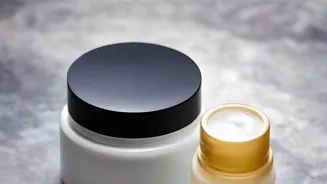Discover the secrets to glowing skin with our "Skincare for Men" guide! Unveil 10 essential tips for a healthy routine
Gone are the days when skincare was considered solely a woman's domain. Nowadays, men
too are realizing the importance of a good skincare routine for maintaining healthy and youthful-looking skin.
Whether you're battling beardruff, dealing with oily skin, or simply want to put your best face forward, these 10 essential tips will help you build a solid skincare regimen that's both effective and easy to follow.
It's all about consistency and finding products that work for your specific skin type. Remember, investing in your skin is investing in yourself!
Know Your Skin Type:
Before you dive headfirst into the world of skincare products, it's crucial to understand your skin type. Is it oily, dry, combination, or sensitive? Oily skin tends to be shiny and prone to breakouts, while dry skin can feel tight and flaky.
Combination skin features both oily and dry areas, typically with an oily T-zone (forehead, nose, and chin). Sensitive skin is easily irritated by certain ingredients and products. Once you've identified your skin type, you can choose products specifically formulated to address its unique needs.
For example, if you have oily skin, look for oil-free and non-comedogenic products that won't clog your pores. If you have dry skin, opt for hydrating and moisturizing products that will replenish your skin's moisture barrier. Knowing this first step can make a big difference.
Cleanse Daily (But Don't Overdo It):
Cleansing is the foundation of any good skincare routine. It removes dirt, oil, sweat, and pollutants that accumulate throughout the day, preventing clogged pores and breakouts.

However, it's essential to strike a balance; over-cleansing can strip your skin of its natural oils, leading to dryness and irritation. Aim to cleanse your face twice a day – once in the morning and once at night. Use a gentle, pH-balanced cleanser that's appropriate for your skin type.
Avoid harsh soaps or detergents, as these can be too drying. When cleansing, massage the cleanser onto your face in circular motions for about 30 seconds, then rinse thoroughly with lukewarm water. Pat your skin dry with a clean towel.
This simple step significantly impacts the overall health and appearance of your skin.
Exfoliate Once or Twice a Week:
Exfoliation helps to remove dead skin cells from the surface of your skin, revealing brighter, smoother skin underneath. It also helps to unclog pores and prevent ingrown hairs, especially if you shave regularly. There are two main types of exfoliants: physical and chemical.
Physical exfoliants, such as scrubs, use small particles to physically buff away dead skin cells. Chemical exfoliants, such as AHAs (alpha-hydroxy acids) and BHAs (beta-hydroxy acids), use acids to dissolve the bonds between dead skin cells.
Choose an exfoliant that suits your skin type and sensitivity. If you have sensitive skin, opt for a gentle chemical exfoliant or a very mild physical scrub. Exfoliate once or twice a week, depending on your skin's tolerance. Over-exfoliating can lead to irritation and dryness.
Moisturize, Moisturize, Moisturize!:
Moisturizing is crucial for keeping your skin hydrated and protected. Even if you have oily skin, you still need to moisturize. Dehydrated skin can actually produce more oil to compensate, leading to breakouts. Choose a moisturizer that's appropriate for your skin type.

If you have oily skin, opt for a lightweight, oil-free moisturizer. If you have dry skin, choose a richer, more hydrating moisturizer. Apply moisturizer after cleansing and exfoliating, and whenever your skin feels dry.
Don't forget to moisturize your neck and chest as well, as these areas are also prone to dryness and aging. Sunscreen is another way to maintain your skin's health and protect it from damage.
Sunscreen: Your Best Friend:
Sunscreen is arguably the most important skincare product you can use. It protects your skin from the harmful effects of the sun's ultraviolet (UV) rays, which can cause premature aging, wrinkles, sunspots, and even skin cancer. Apply sunscreen every day, even on cloudy days.

Choose a broad-spectrum sunscreen with an SPF of 30 or higher, and apply it liberally to all exposed areas of your skin, including your face, neck, ears, and hands. Reapply sunscreen every two hours, or more often if you're sweating or swimming.
Make sunscreen a non-negotiable part of your daily routine. Protecting your skin from the sun is the number one thing you can do to keep it healthy and youthful-looking.
Treat Specific Concerns:
Once you've established a basic skincare routine, you can start to address any specific skin concerns you may have. These might include acne, dark spots, wrinkles, or dryness. There are various products available to target these concerns, such as acne treatments, serums, and anti-aging creams.

For acne, look for products containing ingredients like salicylic acid or benzoyl peroxide. For dark spots, consider products containing vitamin C or kojic acid. For wrinkles, look for products containing retinol or peptides.
Be patient when using these products, as it can take several weeks or even months to see results. If you're unsure which products are right for you, consult a dermatologist. They can assess your skin and recommend a customized treatment plan.
Remember to introduce new products gradually to avoid irritating your skin.
AI Generated Content. Glance/InMobi shall have no liability for the content
















